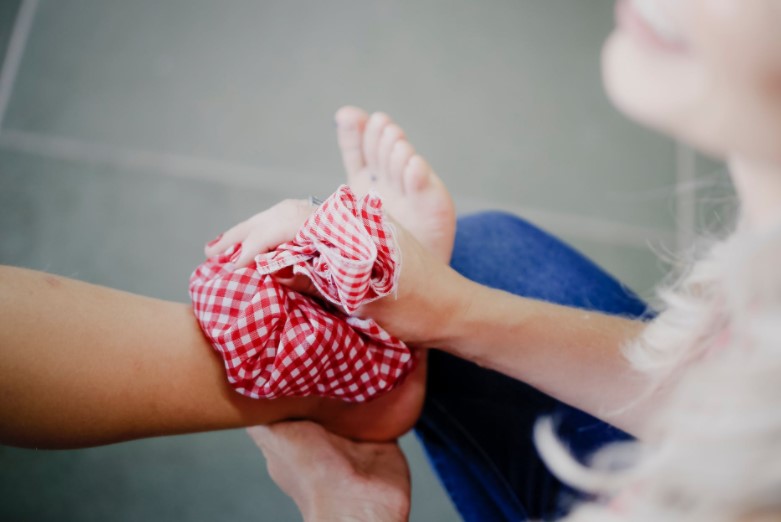
When Can A Person Injured On Your Property Hold You Liable—And What Can You Do About It?
Premises liability is the term for a property owner’s responsibility for accidents and injuries that may occur on their property or residence. This means that if a guest or trespasser gets injured while on your property, you could be held legally responsible. Premises liability doesn’t apply in every situation, though, so it’s important to know your rights and how you can protect yourself should an accident occur.
Licensees, Guests, and Customers
If a person who you contracted to do work, a personal guest, or a customer is injured on your property, they could possibly file a personal injury suit against you. This could mean that you may be responsible for paying for their medical care, lost wages, and pain and suffering.
As a property owner, you are responsible for maintaining your property. If you were not aware of something that needed to be taken care of and you should have been, this is not exercising a property duty of care. You should regularly look for and fix hazards on your property or warn those visiting of the dangers until they can be fixed. If you fail to do so, you could be legally responsible in a lawsuit.
Special Circumstances: Trespassers and Children
Though circumstances vary by state, trespassers aren’t typically owed a duty of care by the property owner. You can’t willfully injure trespassers either, though, to keep them off of your property. If you know that trespassers frequent your property, and you are aware of a hazard that could injure them, you must fix it. Otherwise, you could potentially be sued should an injury occur.
Children are considered a special circumstance in most states. Children aren’t fully aware of the dangers that exploring could pose. ‘Attractive nuisance’ is a term used for something dangerous on your property that could make a curious child want to explore. For example, you might have an old and unused truck on your property that neighboring children enjoy visiting. Though the children may be trespassing, you have the legal obligation to remove hazardous materials and fix dangerous situations that could put children at risk of injuries.
How You Can Protect Yourself
The good news is that should an injury occur, you may not be responsible for all of the damages yourself. Home insurance can help. Home insurance or homeowners insurance often has a stipulation that offers both liability and medical coverage for those who are injured on your property. Purchasing home insurance could save you thousands of dollars should you be sued.
Don’t wait for an accident to occur before doing something about a hazard on your property. Take steps now to repair dangers, post warnings if needed, and secure home insurance so that you and your family will be protected should something happen.
